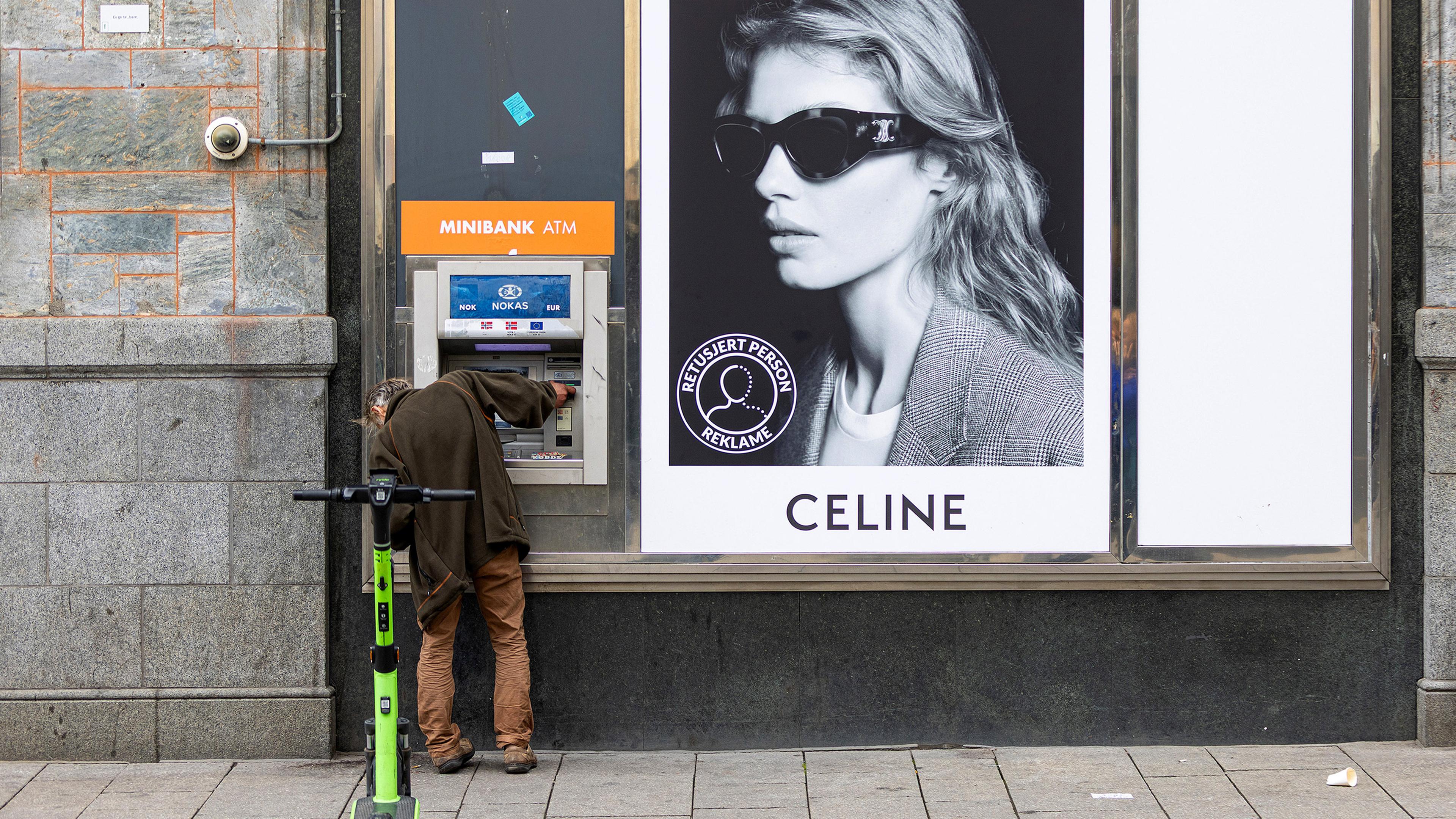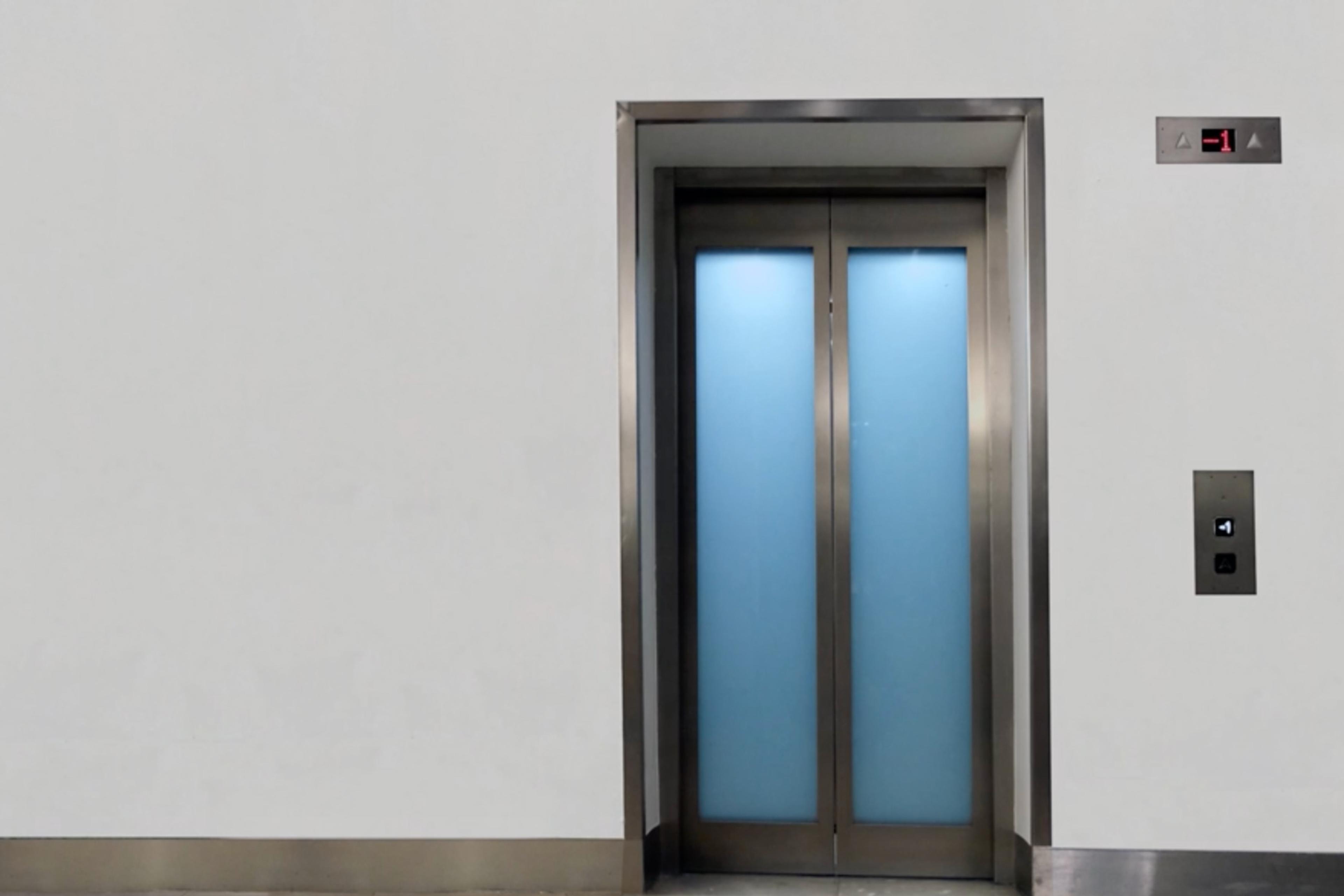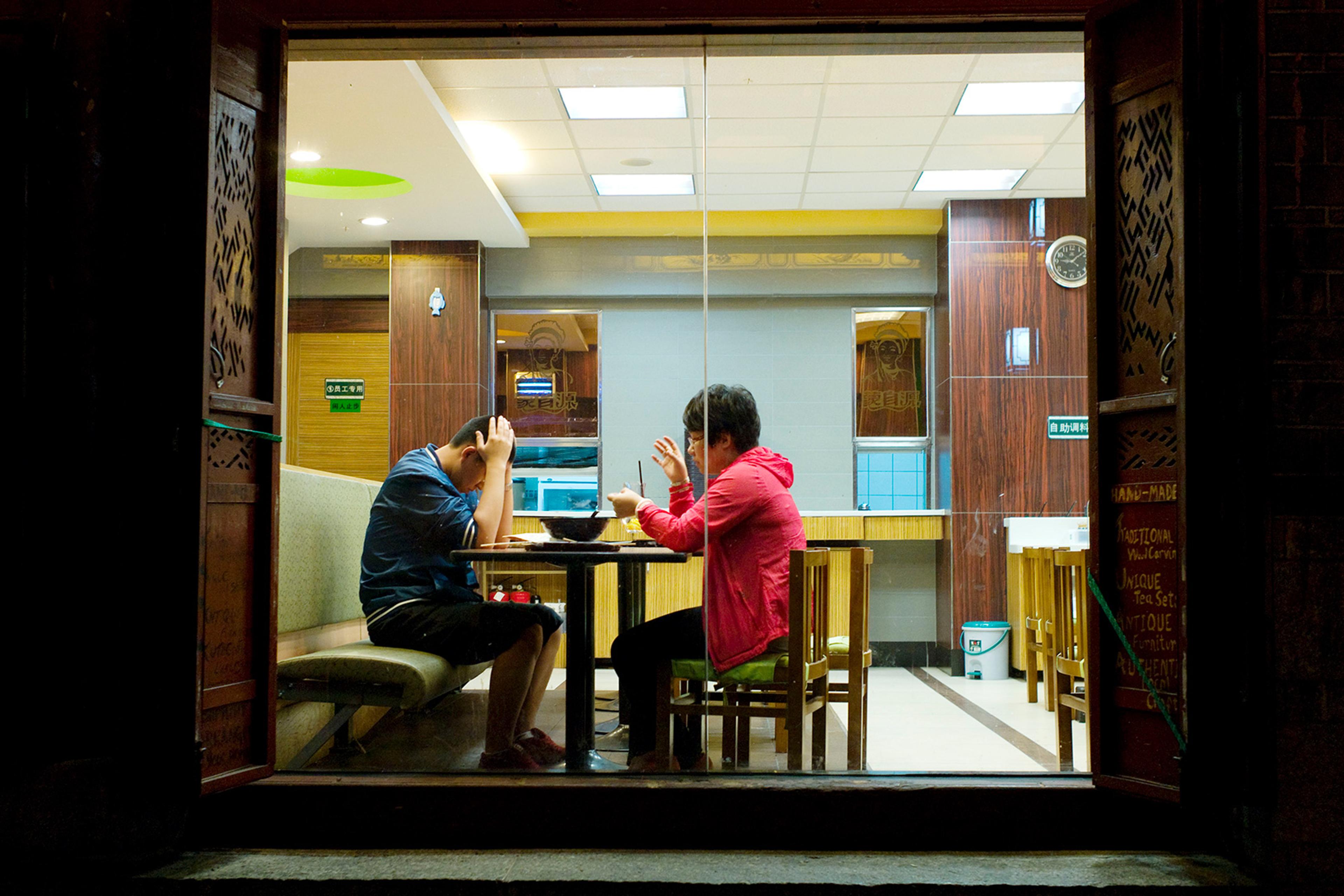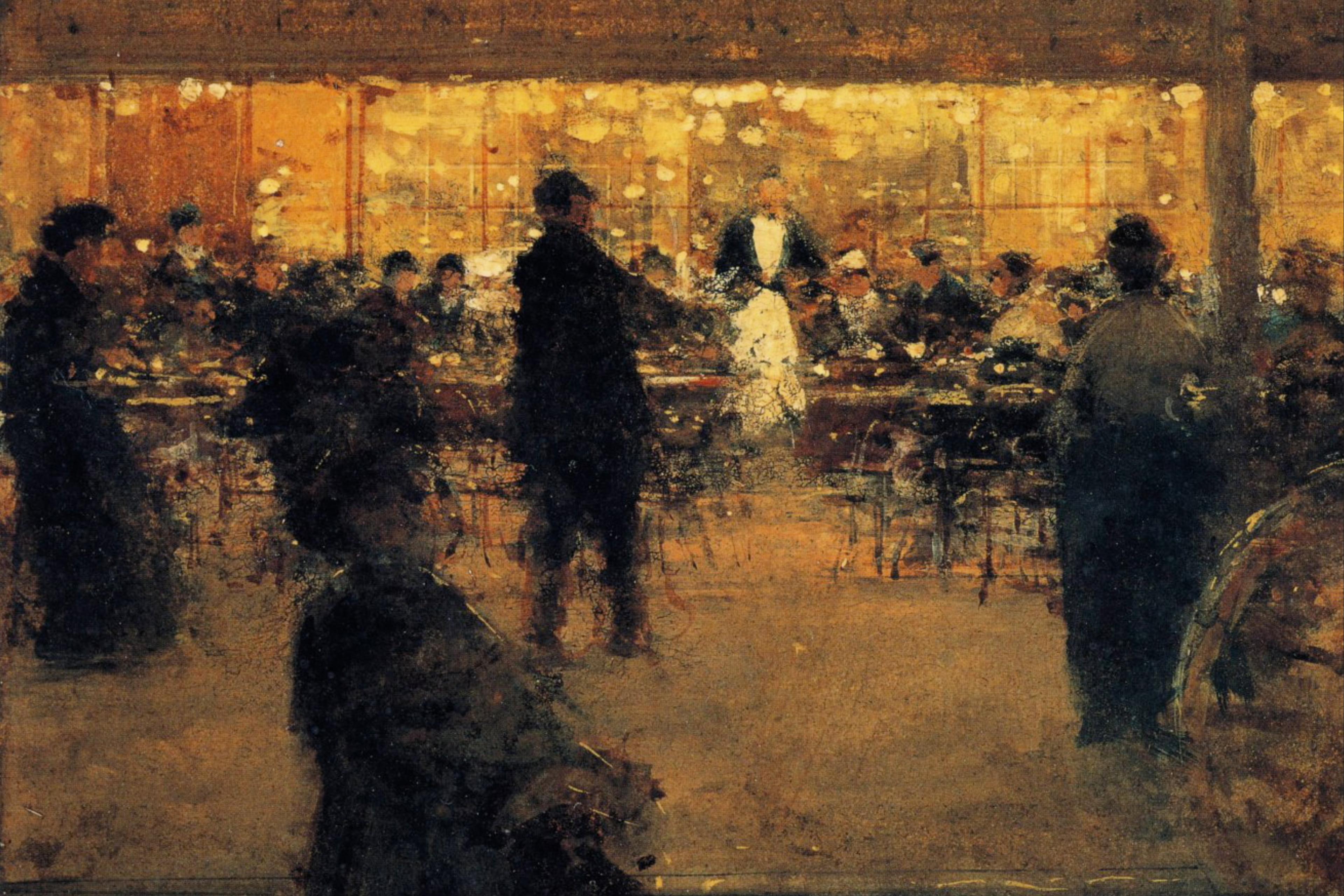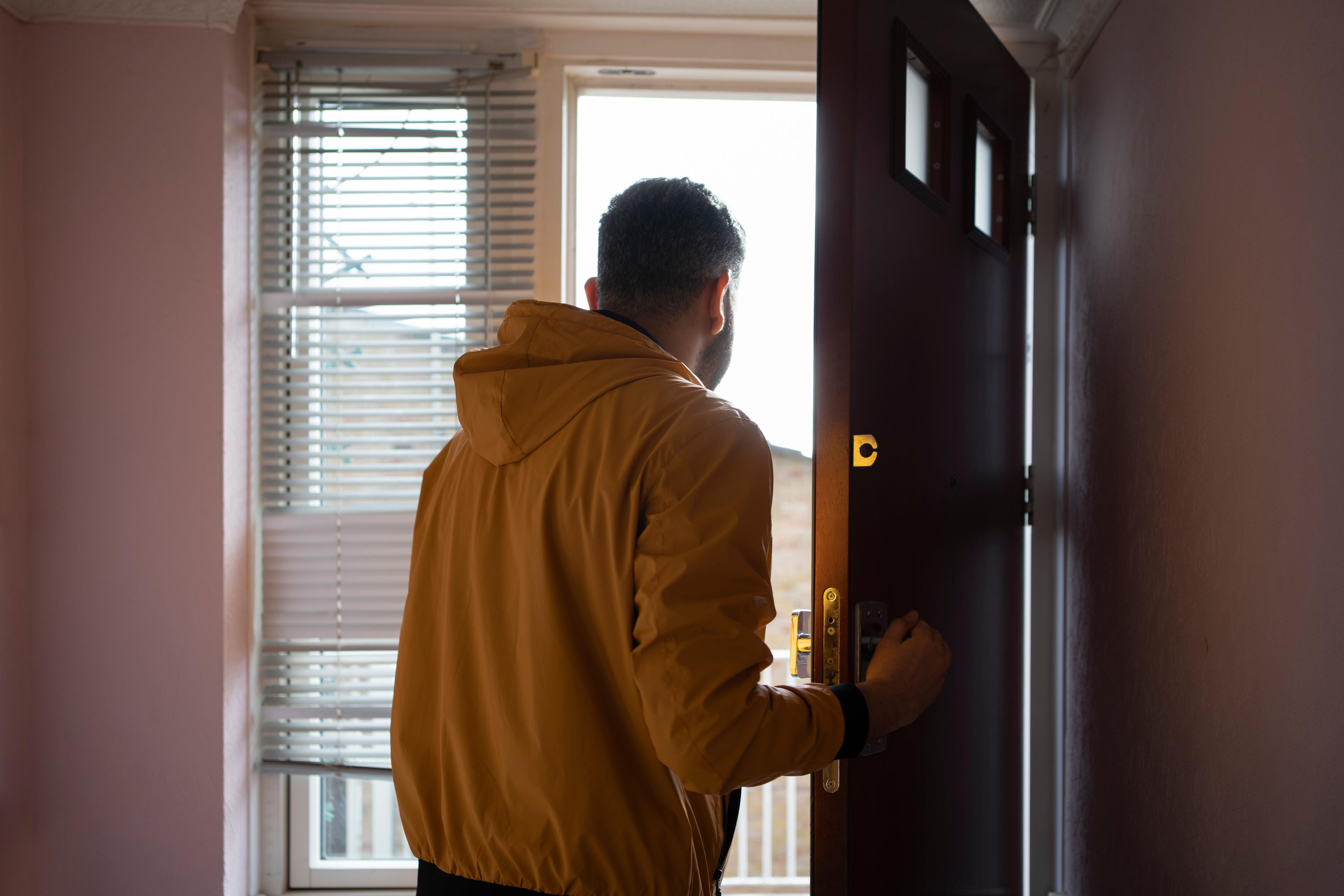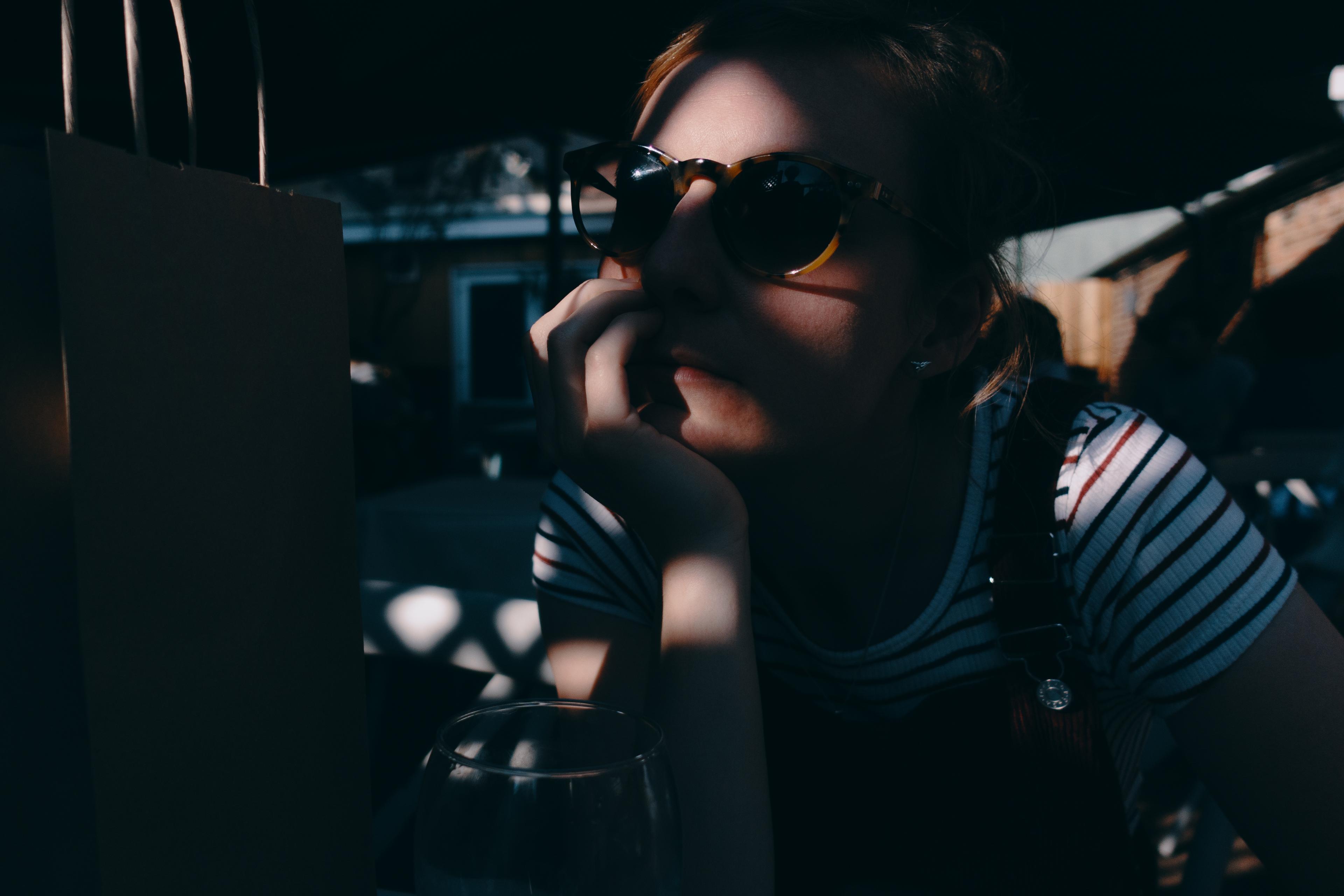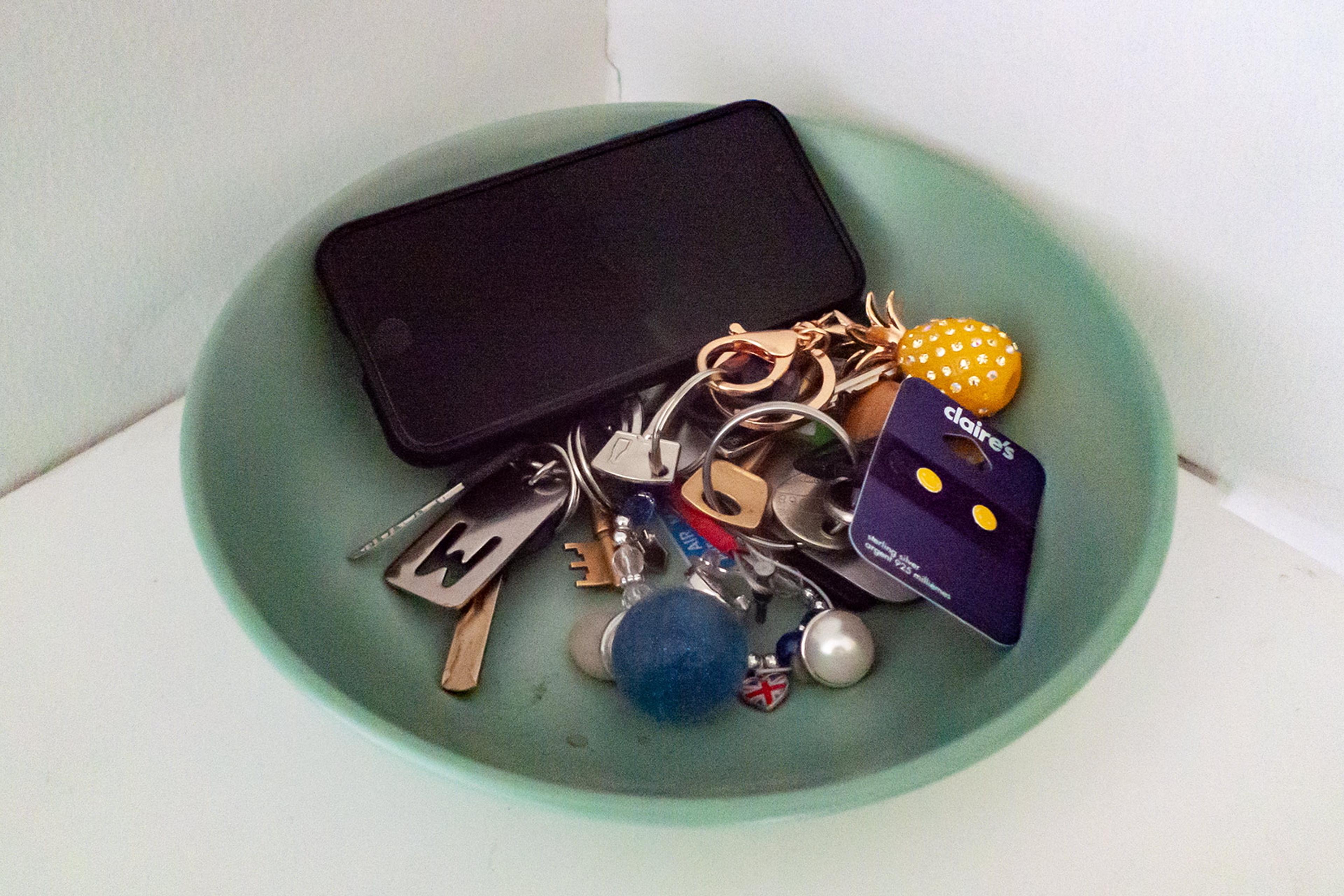Finally, the vacation you’ve been waiting for is happening tomorrow. You and your friends are going on a two-week cruise, free of responsibilities and full of fun. You’re starting to pack when you feel a little bit lightheaded. You don’t think much of it because you’ve been stressed lately trying to get ready for the trip. Later, you start coughing. Probably just allergies, you think to yourself as you go about your day. When you wake up in the morning – the day of the trip – you have a sore throat and chills. You briefly think to yourself: This feels like it could be COVID. Maybe I should take a self-test. You start walking to your medicine cabinet, but then you pause. If you test positive, you’ll feel obliged to isolate from others and miss the trip. You’ve spent so much time thinking about the trip and paid a lot for the tickets. Your friends will be disappointed. I’m sure I’m fine. You decide it’s better not to know.
Whether you’ve actually been in this sort of situation or not, many of us have likely chosen not to know in other ways: for example, delaying a trip to the doctor to get checked out, declining to look at your credit score, or shutting down certain topics of conversation because you prefer to not find out what others really think. This process of choosing not to learn a piece of freely available information is called information avoidance.
We have more access to self-relevant information – and more chances to either seek or avoid it – than ever before. Smart devices can track our physical activity and sleep patterns, online banking allows you to review your finances at any time, and we can compare our lives with those of friends and influencers on social media. We also have constant access to information with wide-reaching consequences, such as information about the climate crisis, abortion rights and the economic implications of US tariffs. If the saying ‘knowledge is power’ is true, then most people hold an indefinite amount of power in their pockets. And, in this light, it’s curious that someone would choose to relinquish that power by avoiding information.
When I began studying this phenomenon, I saw it as a form of ‘me-search’, since I, too, had avoided information in the past. As a statistics nerd who loves information, I wondered how I could surround myself with numbers and facts, yet sometimes choose to avoid learning information about myself.
My research confirms that I am not alone. Recently, I conducted a study with my colleague Jennifer M Taber in which we asked college student participants to respond to a nightly survey, indicating whether they had avoided information that day. We found that, on average, participants avoided information in at least one context on more than 30 per cent of days. Most frequently, they avoided information about money, the news or physical activity. During the two-week study, only 14 participants (out of 181) did not report avoiding information, while just as many reported avoidance on 10 or more days. The research suggests that many people are at least moderate information-avoiders, and some of us do it a lot.
Given that information avoidance seems to be a normal behaviour, why do people do it? A review paper by Kate Sweeny and colleagues grouped the potential reasons for information avoidance into three categories: protecting an existing belief; avoiding an undesired action; and reducing negative emotions.
First, information can threaten many different kinds of beliefs. For example, a person might believe that they have a talent for investing money in the stock market. Then, one day, the overall stock market unexpectedly drops. There is a good chance that they have lost money on their own investments. But rather than check to see how they’ve fared, they avoid the information, hoping that the market will bounce back. For as long as they avoid seeing any losses, their belief in their investing prowess remains unaffected. Several studies have, in fact, looked at information avoidance in the context of finances. In one study, people were more likely to avoid information about potential losses on hypothetical stocks, compared with potential gains. Another showed that both American and Scandinavian stockholders logged in to check their portfolio more when the stock market was up.
More generally, when information has the potential to threaten a belief – about yourself, another person, the state of the world, or anything else – it is tempting to avoid that piece of information and look for belief-affirming information instead. Studies have shown that people think about the likely partiality of a news piece before reading it – and are more likely to read sources they expect to agree with. This may help explain why people are more likely to watch news stations that align with their political beliefs.
People will tend to avoid troubling information when they don’t feel they have control over the situation
But information avoidance is about more than just pre-emptively defending your beliefs. As in the COVID-test example, the information you learn (eg, whether you’re sick) might require you to change your behaviour in a way that you would prefer not to. Avoiding information might also allow people to make decisions and then claim they were naive about the situation. For example, about 63 per cent of participants in one study said they didn’t want to know how many calories were in a piece of cake – so that they wouldn’t feel bad about eating it. These calorie-counters and a possibly sick vacationer have similar motivations.
Lastly, there is an emotional component to information avoidance: it can help you avoid unwelcome feelings. In our daily diary study, we found that people were more likely to avoid information on days when they were feeling greater negative emotions. They were also more likely to do so after days when they’d had greater positive emotions. We reasoned that, when people are already feeling emotions like sadness or anger, they will often avoid information that they expect will make them feel worse. Likewise, on days following high positive emotions, people will do what they can to maintain their good feelings, perhaps by avoiding information that might bring them back to their baseline. Overall, consistent with theoretical work, it seems that people use information avoidance as an emotion-regulation strategy – that is, they are attempting to seek or avoid information to maximise their positive feelings and reduce their negative ones.
Other research suggests that people sometimes avoid information because they feel overwhelmed with information already. If someone feels overloaded, they might understandably choose to ‘take a break’ from watching the news or scrolling on their phone, even when there is a lot going on. There’s also evidence that people will tend to avoid troubling information – such as the risk of developing a disease – when they don’t feel that they have any control over the situation.
One other potential factor is whether someone thinks others want them to learn the information. Taber and I collected data on seeking COVID-19 information near the beginning of the pandemic, before vaccines were available. We asked participants how willing they would be to take a COVID test across different situations – for example, if they had been exposed to someone with COVID-19, but then had a chance to see a friend they hadn’t seen in a long time. The primary motivation to get tested, in these cases, was whether participants thought their friends or family would want them to. So it seems that if people in our lives want us to learn information, we might be more likely to learn it. But the opposite may hold true as well: when it doesn’t seem as if others care that we find something out, we might be less likely to care, too.
Avoiding information clearly comes with risks – some mild, some serious. Someone might eat more chocolate cake than they intended to. Consumers might neglect a company’s cruel policies and keep buying their products. A patient whose disease could’ve been detected early might wait too long to seek help.
There are also bigger-picture risks to consider. Avoiding information that is inconsistent with one’s beliefs seems to explain, at least partially, political polarisation. People who ignore perspectives that are opposed to theirs are likely to have increasing confidence in their own beliefs, no matter what the evidence suggests. They are exposing themselves to what they want to hear and avoiding what they don’t. In the context of social media, this tendency might reinforce the algorithms that expose users to more and more extreme views.
Information avoidance may not always be a problem; there are times when it could be helpful
Often, it takes a certain amount of privilege to be able to comfortably avoid information. For instance, it is easier to avoid information about your finances when you have sufficient money. Likewise, it is easier to avoid information about political policies – including harmful ones – when you are not directly affected by those policies.
However, as I suggested earlier, information avoidance may not always be a problem; there are times when it could be helpful. The habit of ‘doomscrolling’, or continuously consuming negative news online, is associated with higher anxiety and worse mental health. Thus, avoiding this practice and placing limits on one’s exposure to negative information might have benefits for wellbeing. Although chronically avoiding unpleasant information can lead to problems, in some instances the negative effects might be negligible. Our study with college students found little evidence that avoiding information about grades, money or health on one day affected time spent on schoolwork, spending or exercise the following day. Future research might look at potential longer-term outcomes of avoiding critical information (such as information about how one’s physical inactivity heightens the risk of disease).
If you or someone you know has recently avoided certain kinds of information, it could be for a variety of reasons, and there is no clear rule for when avoidance is ‘good’ or not. But as you contemplate your own choices about seeking or avoiding information, one consideration might be the extent to which you can do anything to affect some outcome related to the information. Across quantitative and qualitative research studies, participants tend to prefer avoiding information when there is nothing they can do about whatever it bears on. If you’re doomscrolling through news about something that you can’t affect in any way, and it is negatively impacting your mental health, maybe it is best to take a break. But when you come across information that is actionable (eg, about your health, your money, or events in which you and others can make some difference), then it might be worth learning more – even if you’re tempted to turn away.
